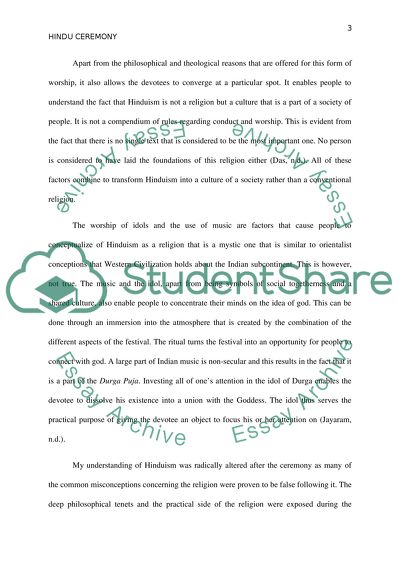Cite this document
(“Religious Tolerance and Hindu Rituals Assignment”, n.d.)
Religious Tolerance and Hindu Rituals Assignment. Retrieved from https://studentshare.org/religion-and-theology/1452883-hinduism-religious-traditions
Religious Tolerance and Hindu Rituals Assignment. Retrieved from https://studentshare.org/religion-and-theology/1452883-hinduism-religious-traditions
(Religious Tolerance and Hindu Rituals Assignment)
Religious Tolerance and Hindu Rituals Assignment. https://studentshare.org/religion-and-theology/1452883-hinduism-religious-traditions.
Religious Tolerance and Hindu Rituals Assignment. https://studentshare.org/religion-and-theology/1452883-hinduism-religious-traditions.
“Religious Tolerance and Hindu Rituals Assignment”, n.d. https://studentshare.org/religion-and-theology/1452883-hinduism-religious-traditions.


